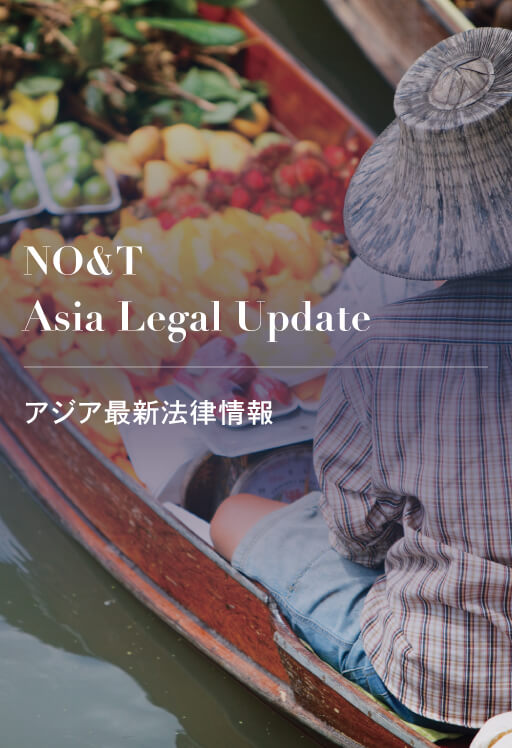
NO&T Japan Legal Update
英文
I. Introduction
One of the main pieces of legislation regarding product safety in Japan is the Consumer Product Safety Act (Act No. 31 of 1973) (the ‘CPSA’). The primary purpose of the CPSA is to ensure that products supplied to general consumers for everyday use do not pose any danger to the lives or health of general consumers. This article provides a brief overview of the CPSA with respect to the product safety labelling system, reporting of consumer product accidents and the specific obligations regarding certain long‐term use products.
The CPSA defines “consumer products” broadly as “any product to be supplied mainly for use by general consumers for their routine everyday activities” and covers a wide spectrum. The CPSA does, however, exempt a number of products that are already covered by other legislation, including, food, additives and detergents under the Food Sanitation Act (Act No. 233 of 1947); road trucking vehicles under the Road Trucking Vehicle Act (Act No. 185 of 1951); and medicines, quasi‐medicines, cosmetics and medical equipment under the Pharmaceutical Affairs Act (Act No. 145 of 1960). The provisions of the CPSA do not apply for these products.
Conversely, some products covered by the CPSA are additionally subject to overlapping legislation that is specific to certain industries or sectors, such as the Electrical Appliances and Materials Safety Act (Act No. 234 of 1961), the Gas Business Act (Act No. 51 of 1954), and the Act on the Securing of Safety and the Optimization of Transaction of Liquefied Petroleum Gas (Act No. 149 of 1967).


田岛弘基


杉本花织


清水美彩惠


井上聪


田岛弘基


井上聪


(2020年4月)
川合正伦


(2020年3月)
川合正伦


(2024年12月)
德地屋圭治、邓琼(共著)


德地屋圭治、邓琼(共著)


(2023年12月)
川合正伦、万钧剑(共著)


加藤志郎


(2023年12月)
川合正伦、万钧剑(共著)


川合正伦、万钧剑(共著)


藤井孝之